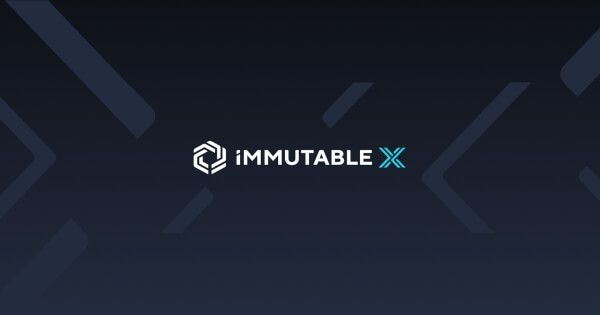Immutable (IMX), a leading innovator in the gaming industry, is at the forefront of transforming game economies through the integration of Web3 technology. According to immutable.com, the gaming industry witnesses an annual expenditure of $240 billion, with $150 billion spent on digital assets alone. This significant market highlights the potential for Web3 to revolutionize how games are monetized and how players interact with digital assets.
The Shift from Web2 to Web3 Gaming
The evolution of game economies has transitioned from pay-to-play and subscription models to free-to-play formats, as popularized by games like Candy Crush and Fortnite. However, traditional models have limitations, such as players not truly owning their in-game items. Web3 introduces a paradigm shift by enabling true ownership of digital assets through blockchain technology.
An illustrative example is the trading card game Magic: The Gathering, which has $20 billion worth of physical cards in circulation but cannot monetize secondary trading. In contrast, Web3 models allow developers to earn a percentage of every transaction, providing sustainable revenue streams and genuine ownership for players.
Building the First Web3 Game Economies
Trading card games (TCGs) are among the first to adopt Web3 models. Gods Unchained (GU), launched in 2018, enables players to own their cards as NFTs. These cards can be earned through gameplay, traded on marketplaces, or sold for ETH, introducing new revenue opportunities. The game has demonstrated high player engagement, with gamers transacting over $130 monthly, surpassing traditional TCG revenue metrics.
Pushing the Boundaries of Web3 Economies
Guild of Guardians (GOG) exemplifies innovative monetization strategies by allowing players to gradually engage with Web3 elements. This approach ensures accessibility while maintaining player engagement. Immutable Passport simplifies onboarding, enabling players to sign up with an email, bridging the gap between Web2 familiarity and Web3 complexity.
Maintaining a stable game economy is crucial for long-term success. GOG’s economy balances the needs of producers and consumers, fostering a dynamic system. Features like guilds enhance community dynamics, encouraging player interaction and collaboration.
The Future of Web3 Game Economies
The upcoming months will see the launch of several highly anticipated Web3 games, potentially marking a significant shift towards mainstream adoption. Game developers and studios have the opportunity to explore the transformative potential of Web3, leveraging Immutable’s tools to create engaging game economies and discover new monetization and retention strategies.
Image source: Shutterstock
This news is republished from another source. You can check the original article here










